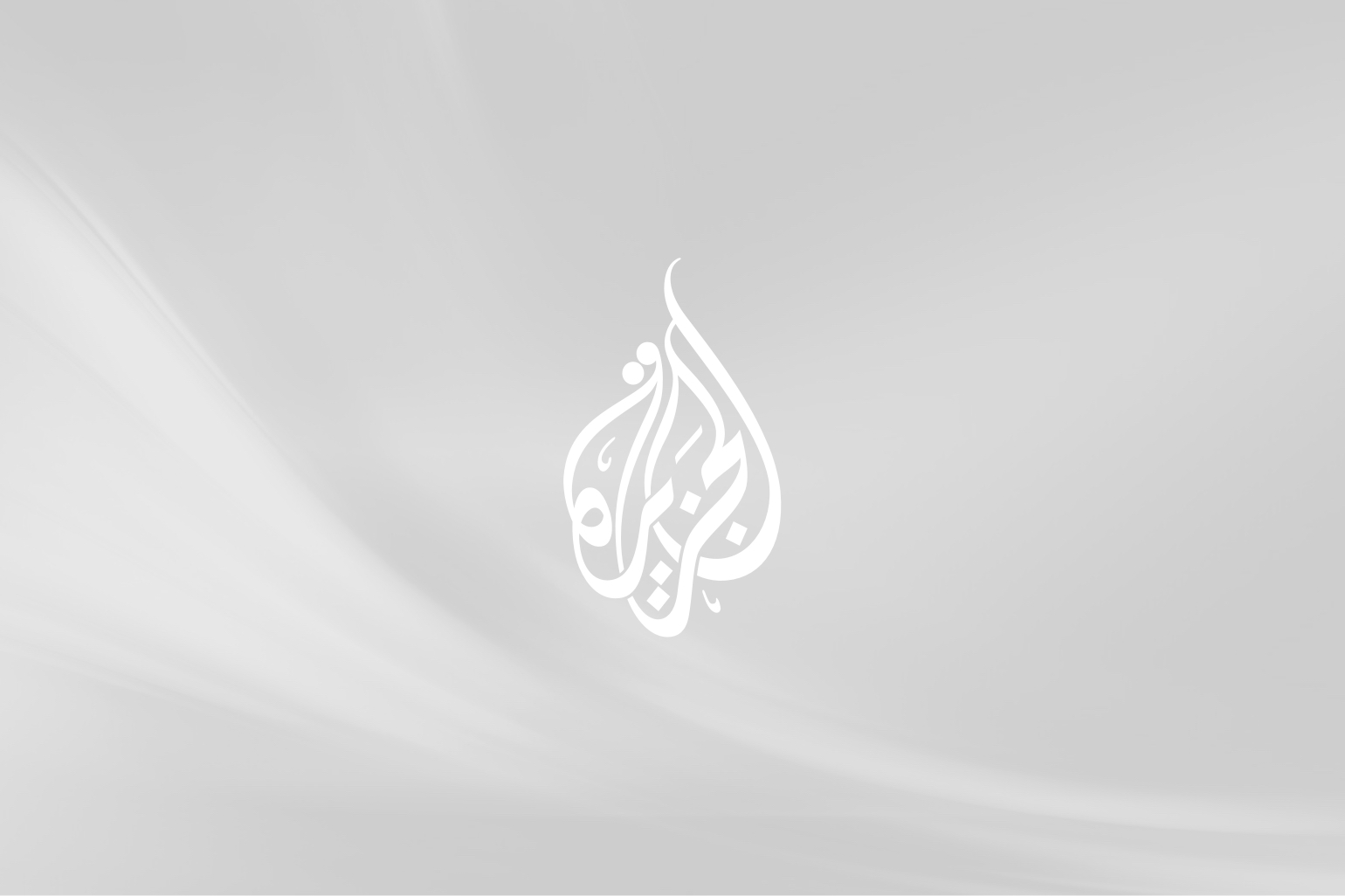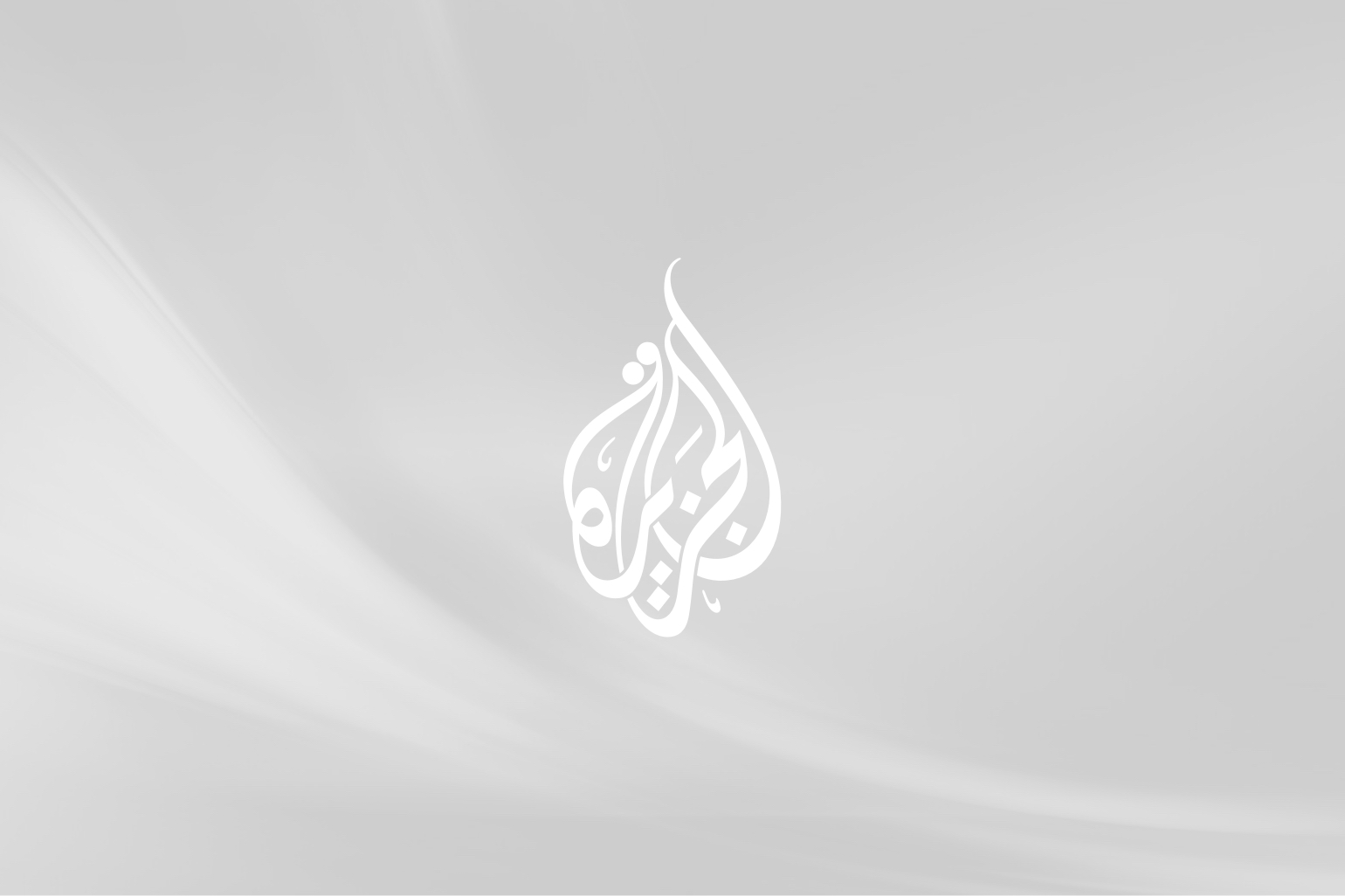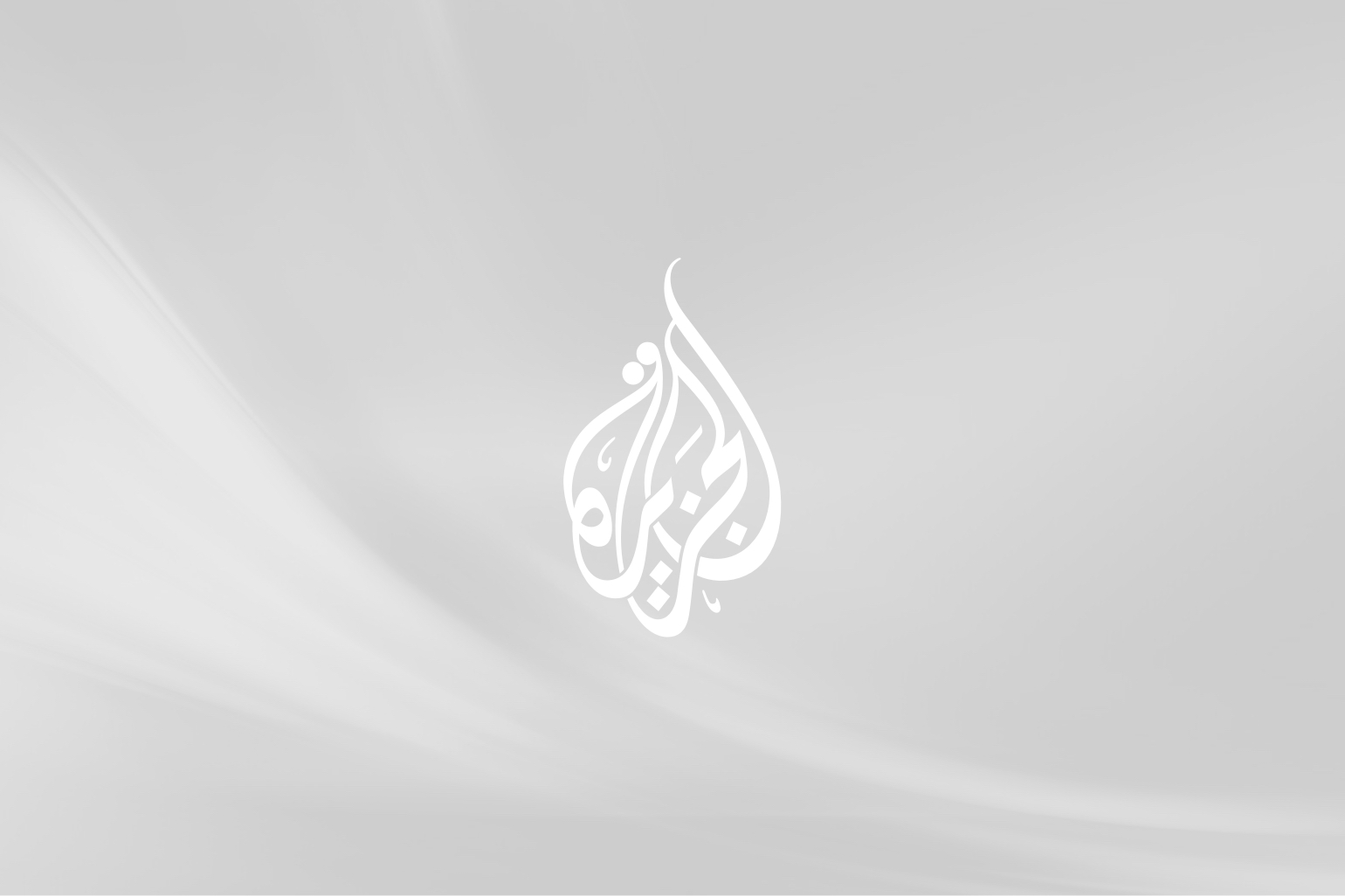Iranian MPs urge reforms, warn of threats
A group of 127 Iranian reformist MPs attacked on Saturday their hardline rivals, warning supreme leader Ayatollah Ali Khamenei that the political deadlock was threatening the very survival of the Islamic republic.

 |
| Khatami: ‘Attempts at reform hampered by conservatives’ |
In an open letter addressed to the titular leader of the Islamic revolution in Iran, the reformist members of the 290-seat Majlis accused the conservative-controlled institutions of violently stalling reforms and denying the will of Iran’s voters.
“Perhaps there has been no period in the recent history of Iran that was as sensitive as this one,” warned the strongly-worded letter, citing “political and social gaps coupled with a clear US plan to change the geopolitical map of the region.”
“If this is a glass of poison, it should be drunk before our country’s independence and territorial integrity are put in danger,” the letter said in its call for “fundamental changes in methods, attitudes and figures”.
The letter charged that since President Mohammed Khatami won his first term in office six years ago, his attempts to promote reform have been undermined by an orchestrated campaign of serial murders, arrests and crackdowns targeted at reformists, students, journalists and dissidents.
“This was to show Iranians and the world that nothing has changed and nothing will change in Iran, and to prove that the vote of the people whose major demand is change… has no effect,” stated the letter.
 |
| The letter pointed out that Iran is surrounded by ‘foreign forces’ |
Khamenei was told in the letter than “not much time is left” because “most people are dissatisfied and disappointed” and “foreign forces have surrounded the country from all sides.”
Singled out for attack were the Guardians Council, a conservative-controlled oversight body that vets all legislation and ensures it is in line with Islamic law and the constitution.
The letter said the council – the key barrier to Khatami’s brand of “Islamic democracy” – was “resorting to strange and bizarre interpretations” to block laws and had thereby “discredited religion and the constitution”.
The MPs concluded by calling on the all-powerful Khamenei – who has been openly critical of the reformist camp – to steer the Islamic republic’s hierarchy towards “respecting real democracy and introducing a method which is compatible with freedom and dignity”.
Iran’s political crisis has reached a head in recent months, with Khatami’s allies pushing through parliament twin bills that would strip the Guardians Council of its right to vet candidates for public office and enable the embattled president to challenge the judiciary.
Both bills have already been rejected by the Guardians Council, with reformists in turn calling for a referendum to be held on the issue. Several reformists have also advocated staging a mass walk-out from government.
Dialogue with US
 |
| Kharrazi: Sees no reason to revive talks |
Also on Saturday, Iranian Foreign Minister Kamal Kharrazi shut the door on any further dialogue with the US, following the latest round of secret talks over who should govern postwar Iraq.
“This dialogue has stopped now and we see no reason to revive it for the time being,” the London-based Arabic daily Al-Hayat quoted Kharrazi as saying.
“We entered into an honest dialogue with the Americans to create a government in Iraq that has popular support but they kept on changing their minds and also changing their representatives in Iraq,” the newspaper quoted Kharrazi as saying.
Khatami described the differences between Iran and the United States as “serious and huge“ but did not rule out an eventual improvement in ties, severed following the 1979 Islamic revolution.
Tensions between Iran and the United States after the Iraq war sparked speculation that Washington was contemplating military action against Tehran.
The US also accuses Iran of trying to develop banned nuclear weapons and of harbouring members of Osama bin Laden’s al Qaeda group, the prime suspect in the 11 September attacks.
Iran insists its nuclear programmes is for peaceful purposes and Kharrazi again denied his country was sheltering al-Qaeda militants.
“We will not allow Iran to become a base for al-Qaeda, as they are a threat to our security and interests,” he told Al-Hayat.